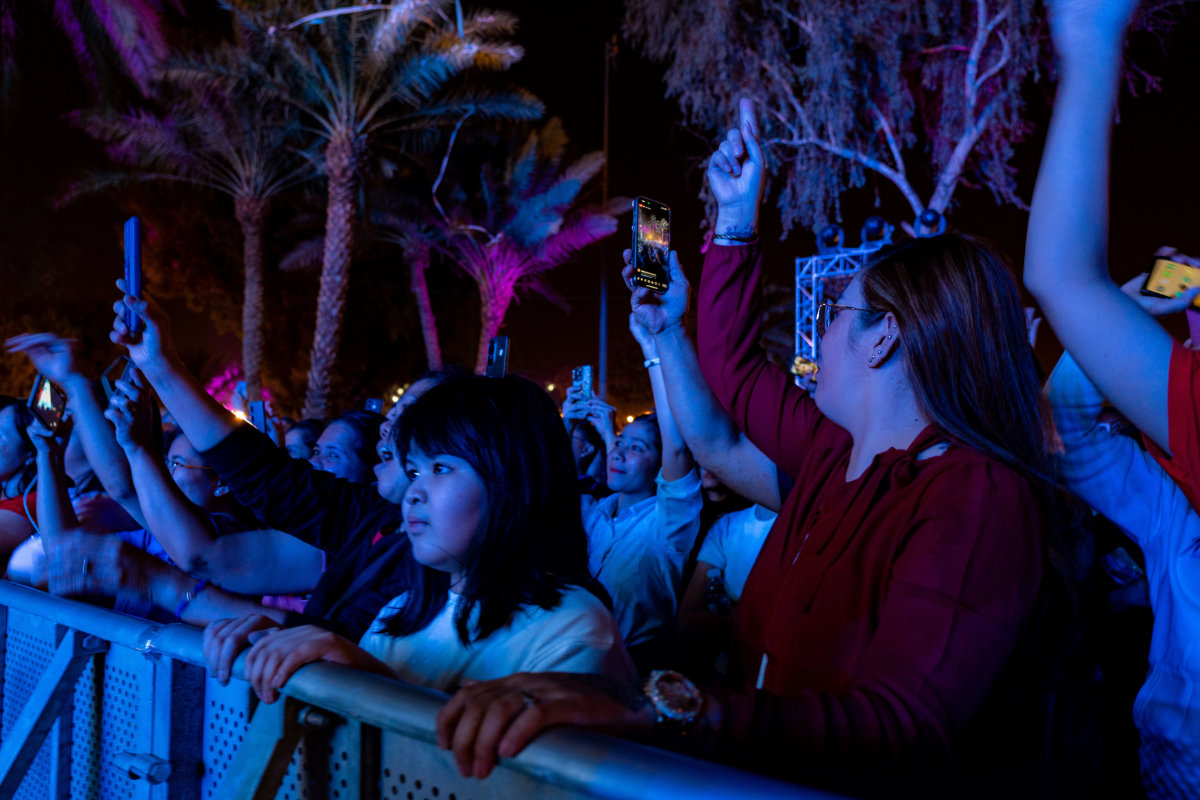ESG and financial performance in the Gulf

https://arab.news/55zad
Can corporate sustainability truly deliver financial benefits? Without a clear business rationale, ESG initiatives risk becoming hollow exercises in reputation management or regulatory compliance. Decades of research have consistently demonstrated that corporate sustainability can generate tangible financial returns in many regions. However, scholarly research on the Gulf Cooperation Council (GCC) region’s corporate sustainability practices has been very limited, often due to the perception that these companies adopted ESG initiatives later than their global peers. To address this knowledge gap, a group of three scholars (Catalina Stefanescu-Cuntze, Catarina Sa, and myself) have recently completed the first comprehensive study of GCC companies through an ESG lens. This research is currently under peer review at a leading finance journal.
Our study analyzed monthly ESG data for 54 publicly traded firms in the GCC region from January 2009 to May 2023. We included ESG scores, as well as separate E, S, and G scores, along with company size, stock returns, country, and industry information. Our sample covered large, mid-, and small-cap companies across 11 industries. To examine the relationship between ESG practices and financial performance, we employed random effects panel regressions using stock returns as a measure of performance. We considered lags of 12, 18, and 24 months for ESG scores to account for potential time delays between ESG initiatives and financial outcomes. For example, investing in cleaner energy sources may lead to long-term cost savings, but the initial investment could show up as a decrease in short-term profits (and higher ESG scores). Additionally, we controlled for market-wide returns to isolate the specific potential impact of ESG on firms’ stock performance.
What are the results? Contrary to the common belief that ESG performance directly impacts stock market performance, our study challenges this notion in the Gulf region. While ESG practices may positively contribute to sales, profits, and margins, investors do not appear to react strongly to companies’ ESG credentials, whether positive or negative. When we expanded our analysis to also consider individual environmental, social, and governance scores, market returns consistently emerge as the primary driver of stock price movements, leaving little room for ESG factors to explain variations.
While ESG practices may positively contribute to sales, profits, and margins, investors do not appear to react strongly to companies’ ESG credentials, whether positive or negative.
Rodrigo Tavares
Given these results, we have set out to consider the rare possibility of an inverse correlation, that is, whether financial performance could pave the way for better ESG scores. And indeed, we found positive evidence. In practical terms, the study demonstrates that firms allocate a portion of their profits toward enhancing corporate sustainability, with a particular emphasis on governance and environmental considerations. Gulf companies, especially those better endowed with resources, prioritize initiatives that bolster their sustainability credentials.
Gulf companies demonstrate a clear preference for investing in environmental factors (the “E” of ESG), likely reflecting a strategic alignment with national visions focused on economic decarbonization. It may reflect the region’s top-down approach, as seen in initiatives like Saudi Arabia’s Vision 2030, which encourages companies to support energy transition plans. Better-resourced companies are more capable of making significant contributions to these efforts. Similarly, GCC companies also direct their internal resources to improve governance practices (the “G” of ESG) in line with top-down guidelines. Most countries in the region have recently updated their corporate governance codes to improve the overall business environment, attract foreign direct investment (FDI), and facilitate access to capital markets with lower funding costs.
The study also reveals that the positive impact of these corporate initiatives on Gulf companies’ ESG scores diminishes over time, particularly after 24 months, suggesting a potential lack of sustained commitment to sustainability practices. This could be due to factors such as insufficient expertise in sustainability or challenges in maintaining consistent efficiency. Ensuring the long-term sustainability of ESG initiatives requires ongoing investment and commitment. Integrating ESG considerations into core strategic planning and operational processes is crucial for achieving sustained impact.
The findings suggest that GCC policymakers and corporate governance bodies should consider the temporal aspect when designing regulations and incentives for ESG investments. The study’s results are clear. Short-term initiatives, while ethical and commendable, are not enough to drive sustainable change in the GCC region.
• Rodrigo Tavares is an invited full professor of sustainable finance at Nova School of Business and Economics, founder and CEO of the Granito Group, and former head of the Office of Foreign Affairs of the Sao Paulo state government.


































